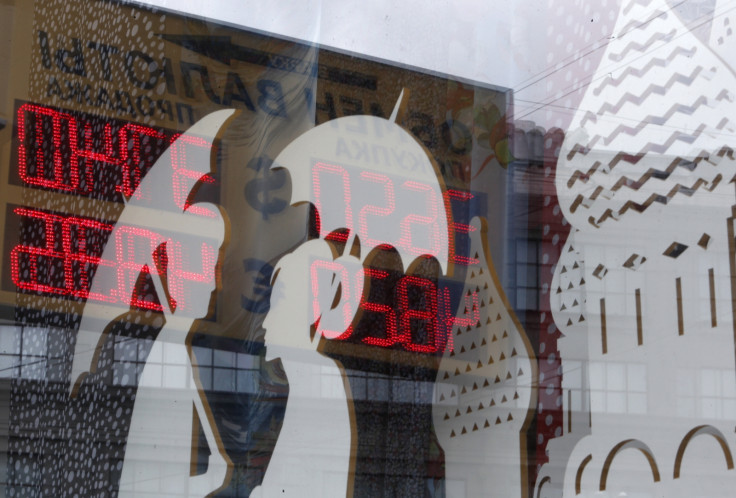Russia's manufacturing under pressure with high inflation while ruble slides

The Russia HSBC manufacturing PMI dropped to a seven-month low in December, snapping a five-month run at above-50 points, pressured by a sharp rise in input prices and providing evidence that the economy is under a severe crisis with its trade relations battered and currency crumbled.
The purchasing managers' index released by Markit on 29 December came at 48.9, matching its May reading and compared with the November figure of 51.7, which was a 13-month high. The ruble fell to a one-week low following the data.
Readings above 50.0 indicate an overall improvement in business conditions, below 50.0 an overall deterioration.
USD/RUB traded at 57.60, translating to a more than 6% slide in the ruble, from the previous close of 53.96. The fall on Monday distanced the Russian currency further from the three-week high of 51.60 it touched on 26 December.
Monday's move has also eroded the more than 50% rebound of the Russian currency from its 16 December record low of 80.0 to 38% at the day's weakest point so far.
The sharp slide in crude oil this year and Ukraine-related trade tussle with the West had together pushed the ruble to all-time lows this month but the big 650 basis point rate hike by the Russian central bank has been helping the rebound in the second half of the month.
Double-digit inflation
HSBC said the Russian manufacturing sector continued to endure surging inflationary pressures due to the collapsing ruble. According to experts at the bank, Russia is going to see mostly double-digit inflation rates next year.
Input price inflation rose to a 16-month high and manufactured goods inflation increased to an all-time high when the output was unchanged as new orders fell for the first time since June, Markit said.
"Further fast rise in PMI input and output price indexes to historically very high levels points to the continuing escalation of inflation risks in the Russian economy. The ruble plunge is to be blamed for that. We foresee the double digit consumer price growth for the most of 2015," said Alexander Morozov, Russia chief economist at HSBC.
Firms widely linked upward pressure on costs to the weakening exchange rate and resulting higher import prices. Subsequently, manufacturing output prices rose at the fastest rate since charges data were first available in January 2003, the press release showed.
© Copyright IBTimes 2025. All rights reserved.






















